Simply The Great Food Organic Sidr Honey, 250g
Description
Nectar Source: Wild Sidr Flowers only. Consistency: Smooth, viscous, rich and moderately thick. Colour: Medium to dark amber. Taste: Robust with butterscotch & caramel notes. Properties: Lowers bad cholesterol, strengthens immune system, good for athletes, elderly and pregnant women for its high mineral content. Sidr Honey, the mono-floral honey which comes from the bees that feed exclusively on the nectar of the wild Sidr tree. This ancient tree grows uncultivated in the remote mountains that climb Pakistan and Afghanistan's tribal areas. This area hosts the world's oldest and largest Sidr Forest. The quality of our Sidr Honey is so good that it has been rated the "best in the world" by honey connoisseurs at FoodEx 2016 held in Jeddah, Saudi Arabia. The Sidr tree is considered sacred and has been used as a natural medicine for centuries. The real Sidr Honey is also rare. It is harvested once a year in November. Reasons To Buy We do not mix this honey with other cheap ingredients in order to bulk up the honey. This is pure honey. There are no additional ingredients. We do not heat our honey in order to extract it more easily. Yes, we spend more time and energy manually extracting the honey- because we want to keep our honey raw with those amazing health benefits. We do not filter our honey. So this honey has natural bee pollen, micro pieces of propolis and bee wax, all of which benefit your health. We do not use our bees for commercial pollination. Our bee farm is located in a wild place, so our honey does not have any pesticides or herbicides or other harmful chemicals. Any real beekeeper will tell you how much work is required with bees to get each jar of honey. If you have bees, then you just work, work and work. We do not use any chemicals in order kill pests found in the hives, nor do we use chemicals in the winter time in order to help the bees survive until spring. If you do your research you will find that 90% of beekeepers use chemicals on bees.
Price history chart & currency exchange rate
Customers also viewed
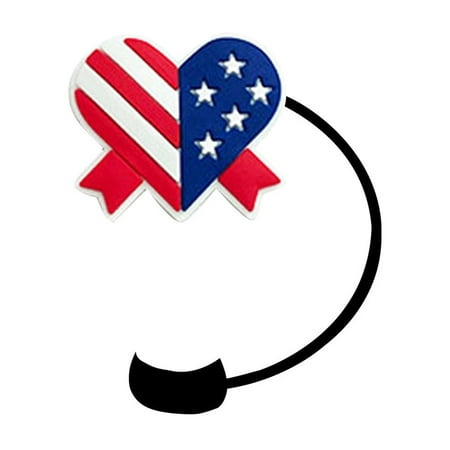
23%
$7.78
Umbrella for Drinks for Kids Simply Slender Get It Right Silicone Lids 10 Piece Disposable Ice Packs for Kids Buckets 32oz T Post Caps Buckets with Lids plus plus Tube Jacket Removable Cap 10mm Food
walmart.com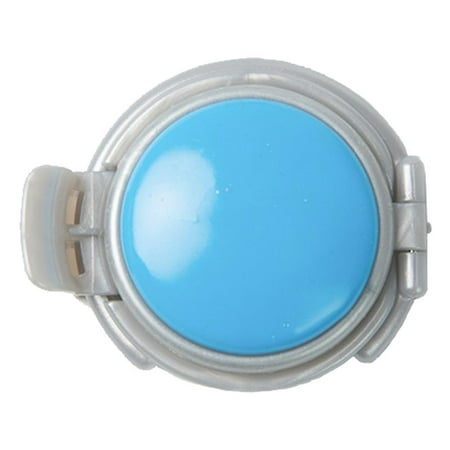
20%
$37.99
Fovolat Storage Cover Lids|Reusable Light SmallCan Sealer Lids|Can Lid Leakproof Preservation Dust Prevention Corrosion Resistant No Irritating Odor for Canned Drinks
walmart.com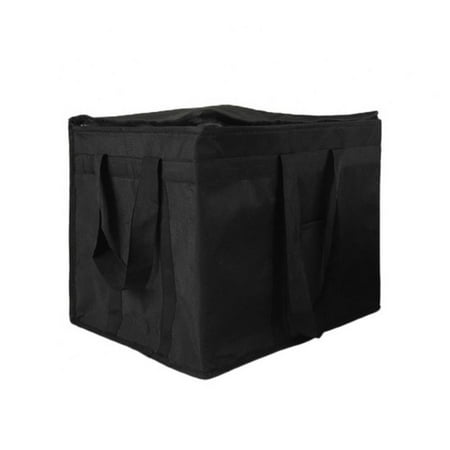
18%
$18.99
2 Packs Home Insulated Grocery Bags Hot and Cold Food Transport Soft Cooler Wine Tote Drinks Carrier Collapsible Washable Stands Upright Sturdy Dual Zippered Top
walmart.com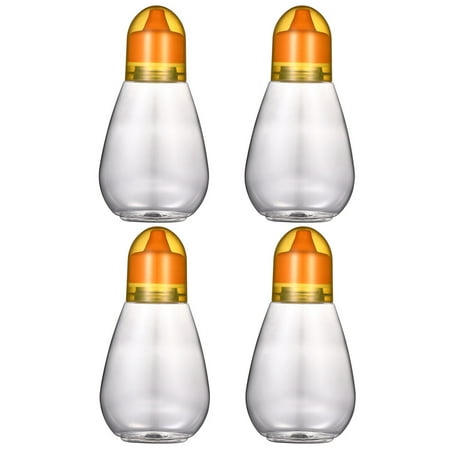
16%
$9.62
FRCOLOR 4PCS Transparent Honey Bottle Plastic Liquid Food Storage Bottle Spout Food Packaging Bottle Portable Honey Jar With Lid for Home Trip Use (250g Capacity)
walmart.com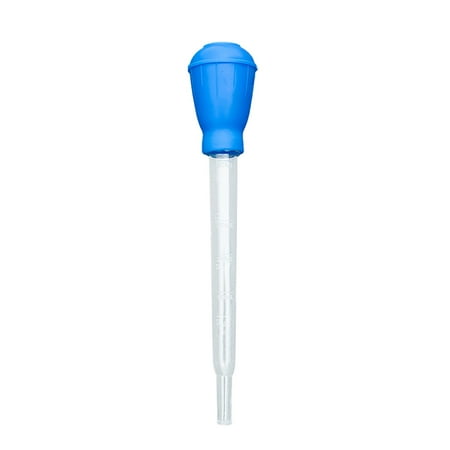
6%
$8.98
Umbrellas for Drinks for Kids Get It Right Silicone Lids 10 Piece Do Not Bend Photo Simply Slender Bowl Cups Bend It Bottle Pencil for Classroom Buckets 32oz Stray Kids Light I Am Not Stray Kids
walmart.com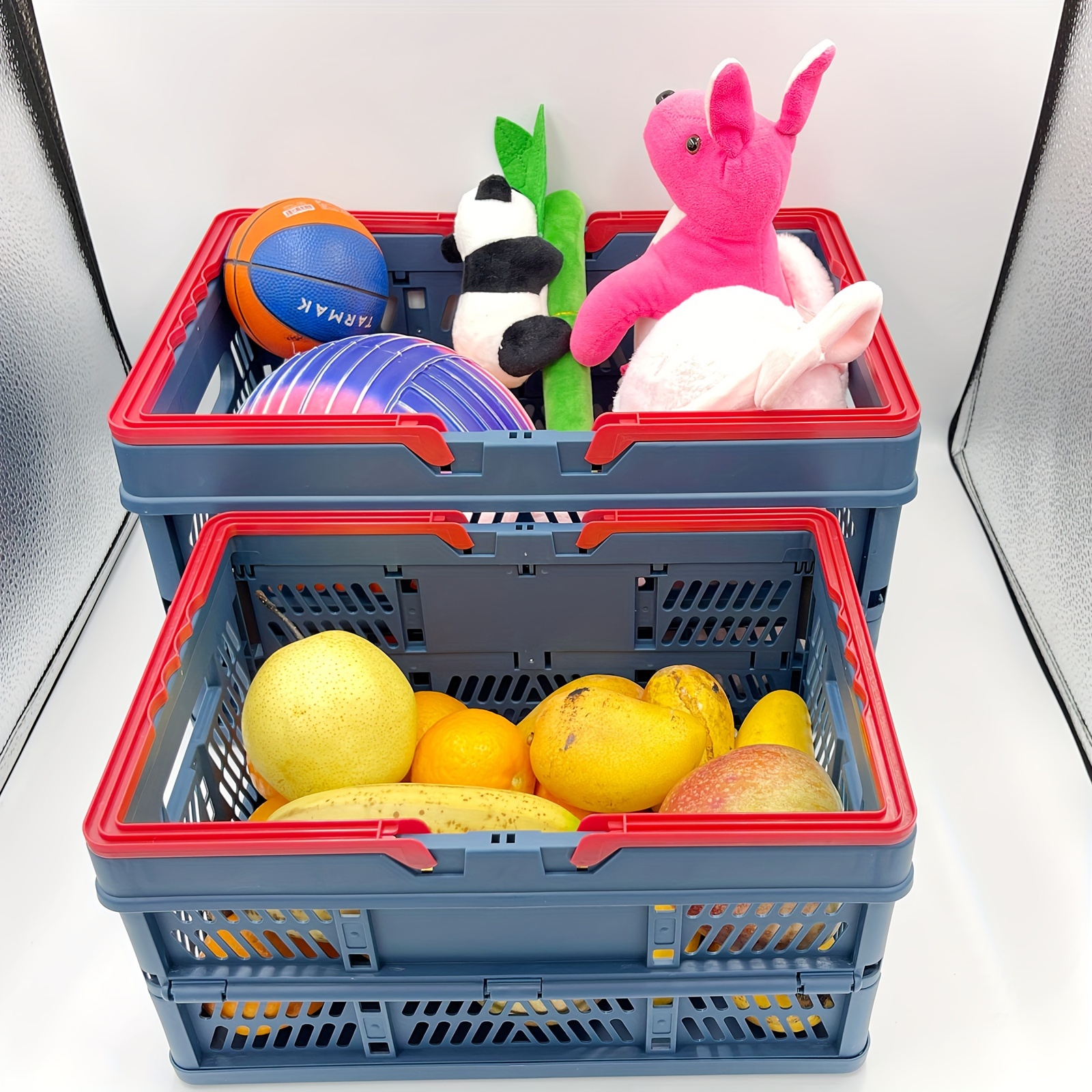
+1%
4%
$12.33
1pc Heavy-duty Folding Storage Basket, Large Capacity Portable Collapsible Car Trunk Organizer, Picnic Basket With Hollow Plastic Design For Utensils, Drinks, Books, Fruits, Vegetables, Grocery
temu.com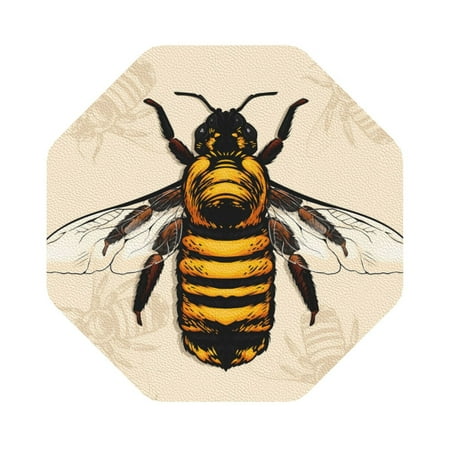
2%
$14.99
Lukts Honey Bee Leather Drinks Coasters Set of 4 Suitable or Drinks Furniture Protection and Easy Clean up
walmart.com
-4%
1%
$13.91
10pcs, 250g Capacity Plastic Honey Comb Cassette Box Honeycomb Container Rectangle Honey Comb Cassette Box Beekeeping Tools
temu.com
-4%
1%
~ $10.90
1pc Heavy-duty Folding Storage Basket, Large Capacity Portable Collapsible Car Trunk Organizer, Picnic Basket With Hollow Plastic Design For Utensils, Drinks, Books, Fruits, Vegetables, Grocery
temu.com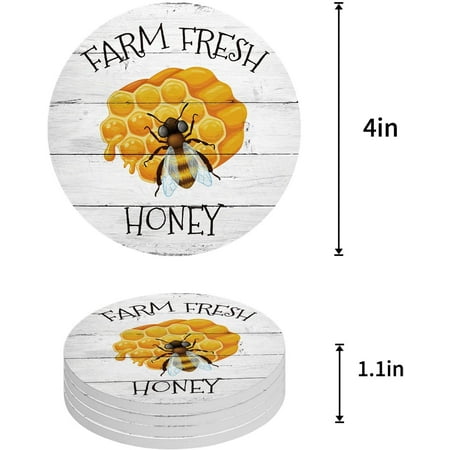
1%
$26.99
KXMDXA Farm Fresh Honey and Bees Wooden Grain Set of 4 Round Coaster for Drinks Absorbent Ceramic Stone Coasters Cup Mat with Cork Base for Home Kitchen Room Coffee Table Bar Decor
walmart.com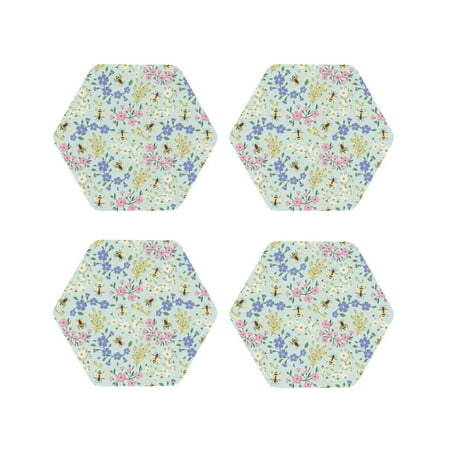
1%
$14.99
Honeii Honey Bees And Flowers Print Leather Coaster Set of 4 Ideal for Safeguarding Your Furniture from Drinks Spills and Effortless Cleanup-Hexagon
walmart.com
1%
$25.99
Fotbe Cute Gnome Bee Collects Honey Pattern Unisex-baby Long-sleeve Bodysuit Long Sleeve Bodysuits One-piece 100% Organic Cotton for Infant Baby Boys Unisex-6 Months
walmart.com
-4%
1%
~ $15.60
10pcs, 250g Capacity Plastic Honey Comb Cassette Box Honeycomb Container Rectangle Honey Comb Cassette Box Beekeeping Tools
temu.com
-4%
1%
~ $13.20
1pc Heavy-duty Folding Storage Basket, Large Capacity Portable Collapsible Car Trunk Organizer, Picnic Basket With Hollow Plastic Design For Utensils, Drinks, Books, Fruits, Vegetables, Grocery
temu.com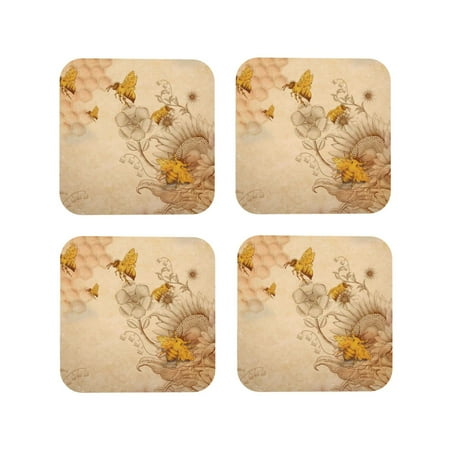
1%
$12.99
Leather Coasters with Heat-resistant for Drinks Retro Hand Drawn Honey Bees Sunflowers Cup Coasters Cup Pad Mat for Tabletop Protection Coffee Table Office Desk and Housewarming Gift
walmart.com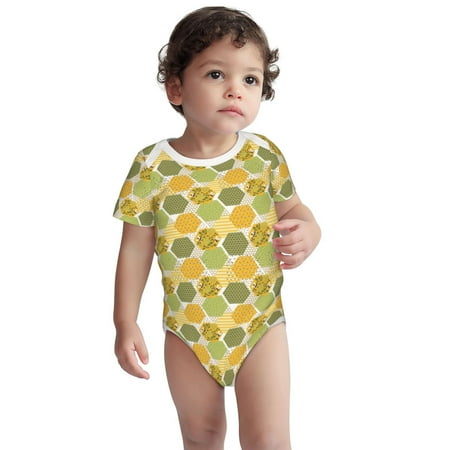
1%
$23.99
Zeuib Bee honey Unisex Baby Short-Sleeve Onesies Bodysuit 100% Organic Cotton-12 Months
walmart.com
1%
$22.99
Fotbe Cute Bee Honey Jar Hive Bear Pattern Unisex-baby Short-sleeve Bodysuit Short Sleeve Bodysuits One-piece 100% Organic Cotton for Infant Baby Boys Unisex-3 Months
walmart.com
1%
$16.98
OUSITAI 6 Pcs Wooden Honey Dipper Organic Honey Spoon with Comb Handmade Honey Drizzler and Mixing Stirrer
walmart.com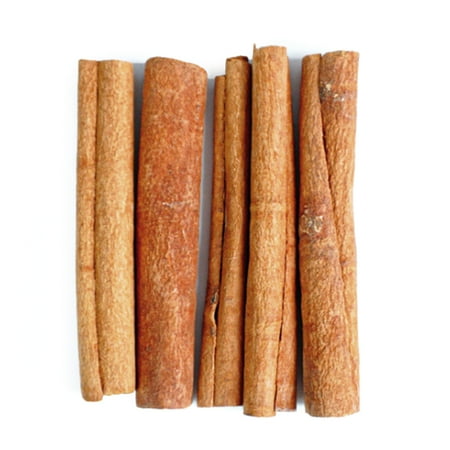
1%
$7.63
TINYSOME 5 Pcs Simply Organic Cinnamon Sticks Wonderful Gifts for Children Teens Adults
walmart.com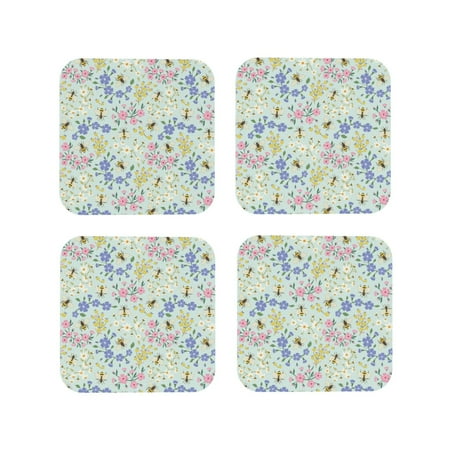
1%
$14.99
Yiaed Honey Bees And Flowers Print Leather Coasters for Drinks - Cup Coasters Coffee Table Kitchen Table Bar Home & Office Gifts Handmade Drink Coasters-Square
walmart.com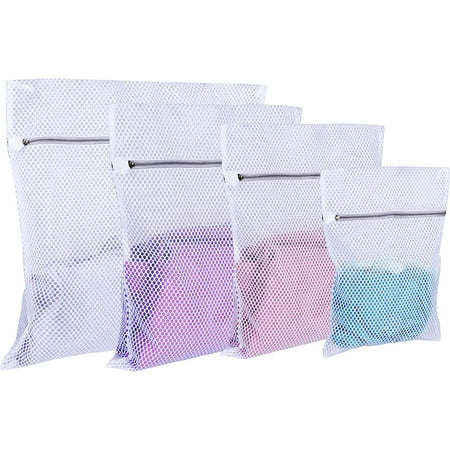
1%
$27.22
Washable Garment Delicates Laundry Bags - Simply JT Pack of 4 (1XL 1L 1M 1S). Durable 120g Honey Comb Mesh Reusable Washing Bag for Underwear Bra Lingerie Clothes and Organization for Travel
walmart.com
1%
$25.99
Fotbe Flying Furry Honey Bees Pattern Unisex-baby Long-sleeve Bodysuit Long Sleeve Bodysuits One-piece 100% Organic Cotton for Infant Baby Boys Unisex-18 Months
walmart.com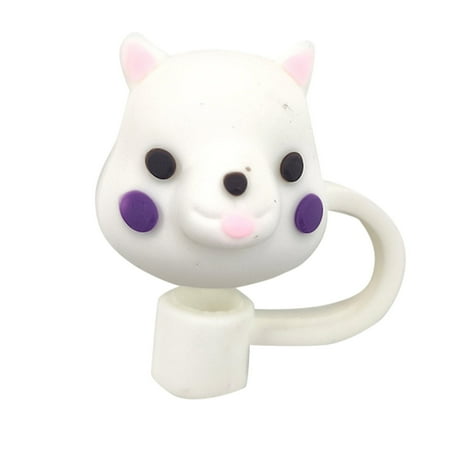
1%
$6.67
LUODU Umbrellas for Drinks for Kids Umbrella for Drinks for Kids Stray Kids Light Stick Sparkling Earth Cap Simply Slender Rainbow Crinkle Paper Qws1003 Mini Split Stand Ground I Am Who Stray Kids I
walmart.com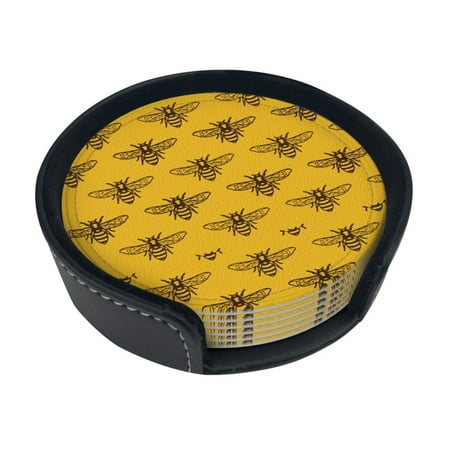
1%
$16.69
Round Pu Leather Coaster Bee Organic Honey Heat - Resistant Beverage Cup Mat-Fancy Decor For Kitchen Office Dining Room Table - Drink Protector 6-Slice
walmart.com
-4%
1%
~ $9.65
1pc Heavy-duty Folding Storage Basket, Large Capacity Portable Collapsible Car Trunk Organizer, Picnic Basket With Hollow Plastic Design For Utensils, Drinks, Books, Fruits, Vegetables, Grocery
temu.com
-4%
1%
~ $18.90
10pcs, 250g Capacity Plastic Honey Comb Cassette Box Honeycomb Container Rectangle Honey Comb Cassette Box Beekeeping Tools
temu.com
1%
$22.99
Fotbe Cartoon Honey Pot Bee Sunflower Pattern Unisex-baby Short-sleeve Bodysuit Short Sleeve Bodysuits One-piece 100% Organic Cotton for Infant Baby Boys Unisex-3 Months
walmart.com
-4%
1%
~ $13.80
10pcs, 250g Capacity Plastic Honey Comb Cassette Box Honeycomb Container Rectangle Honey Comb Cassette Box Beekeeping Tools
temu.com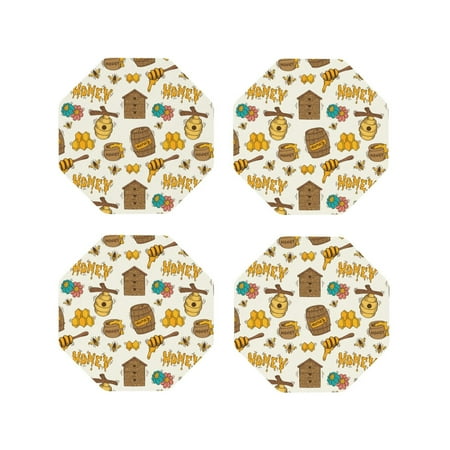
1%
$14.99
Pofeuu Honeycomb And Honey Print Coasters for Drinks 4Pack PU Leather Coasters Bar Drink Coasters for Tabletop Protection Furniture from Damage-Octagon
walmart.com
1%
$49.82
Белое свадебное платье для маленьких принцесс, платье для маленьких девочек с бантом, вечернее женское платье на день рождения, короткое платье для новорожденных девочек
aliexpress.ru
-13%
1%
$2.99
Waterproof Backpack Outdoor Hiking Camping Climbing Rain Cover 20L-70L Paint Letter Name Series Travel Bag Dust Raincover Case
aliexpress.com




